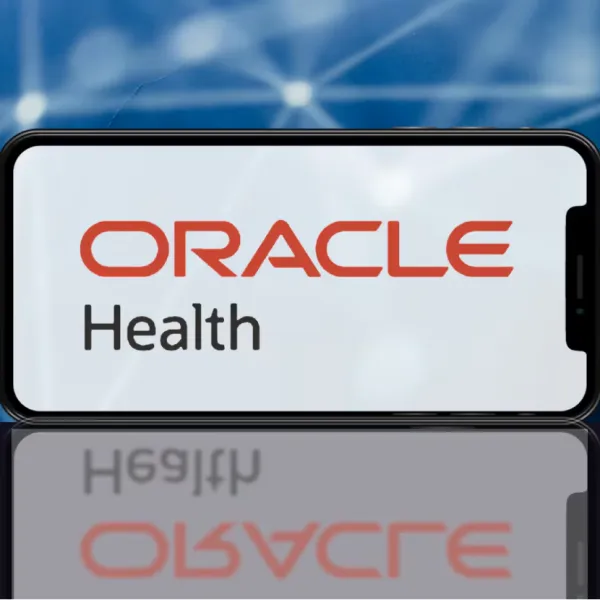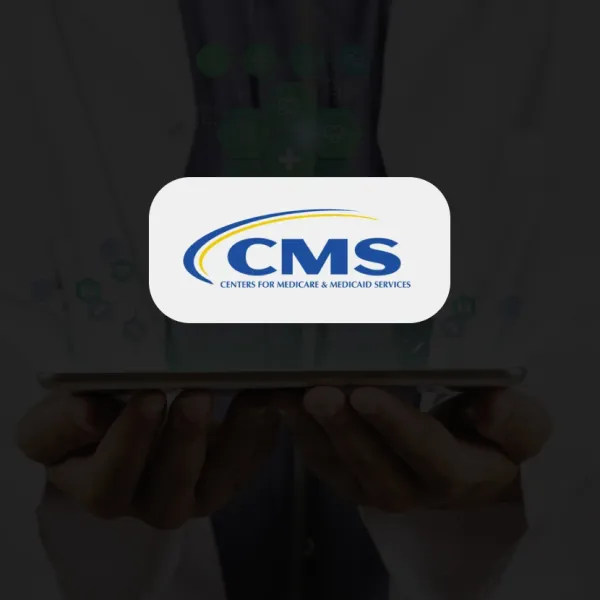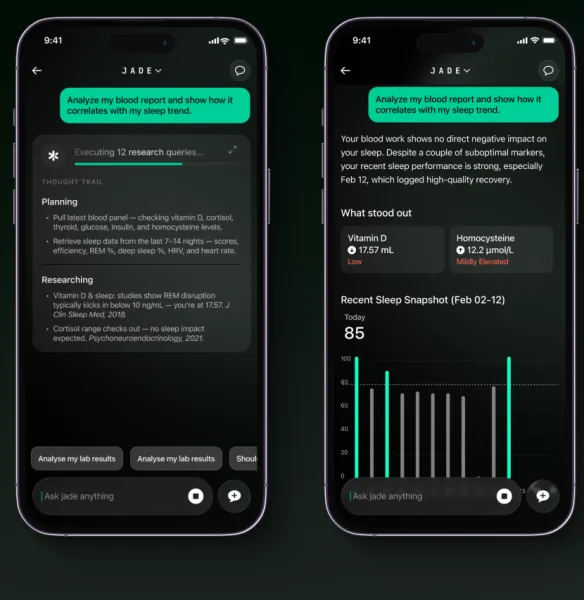ClosedLoop Introduces Tools to Anticipate Risks and Assess Population Health Program Impact

By offering ACO-Predict and Evaluate, healthcare organisations can benefit from valuable tools in order to stay ahead of the ever-changing healthcare landscape and improve patient care.
US-based ClosedLoop, a healthcare data science platform, has recently unveiled two new offerings aimed at aiding healthcare organisations in assessing and guiding the real-world effectiveness of their healthcare initiatives.
The first of these offerings, ACO-Predict, is now freely accessible to all Medicare Accountable Care Organizations (ACOs). Utilising AI, ACO-Predict stratifies population health risk, enhancing accuracy by 41% compared to traditional risk scores.
This advancement is particularly crucial for complex care management (CCM) programs, where precise predictions can substantially improve outcomes and reduce costs. ACO-Predict implementation is swift, with the advantage of direct data flow from CMS, minimising integration time.
The second offering, Evaluate, operates as a software-as-a-service (SaaS) product. Its primary role is to assess and monitor the impact of complex population health programs over time. This is essential as accurately quantifying such programs' impact and return on investment can be challenging and costly.
Evaluate simplifies this process by enabling comprehensive evaluation of variables and outcomes between cohorts, providing a more detailed analysis than traditional pre-post studies.
Andrew Eye, cofounder and CEO of ClosedLoop said, "To excel in value-based care, organizations must accomplish two essential tasks: they must have the capability to anticipate the future, and they must possess the capacity to influence it."
He further underscored that the two newly introduced products are tailored to address these crucial aspects.
Founded in 2017, ClosedLoop focuses on developing artificial intelligence-based solutions anticipating various outcomes and avoidable adverse events.
Notably, in 2021, the company succeeded by winning the $1.6 million Centers for Medicare & Medicaid Services (CMS) AI Health Outcomes Challenge.
Combined with the industry's ongoing efforts to enhance patient outcomes and reduce costs, these innovations are essential to more efficient and targeted healthcare programs.
Stay tuned for more such updates on Digital Health News
































